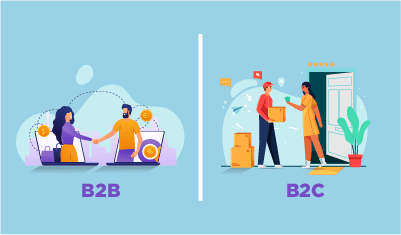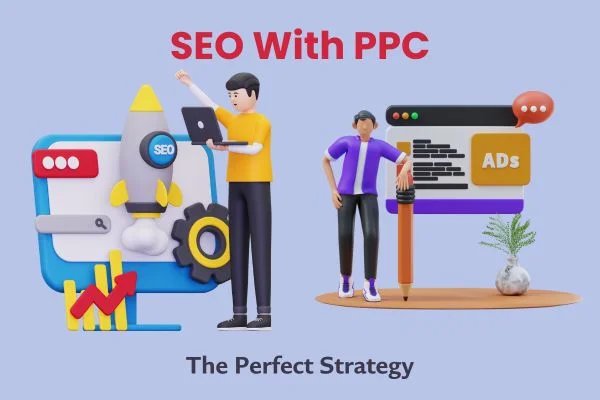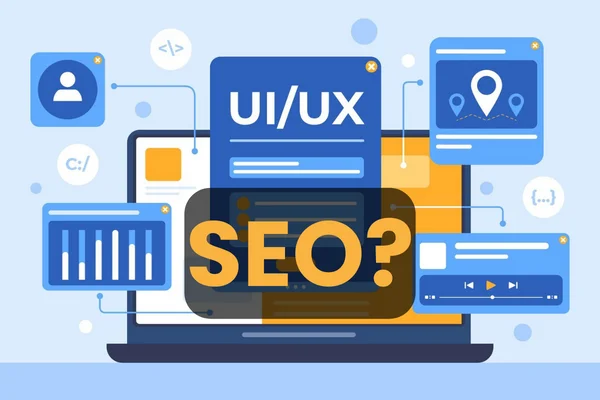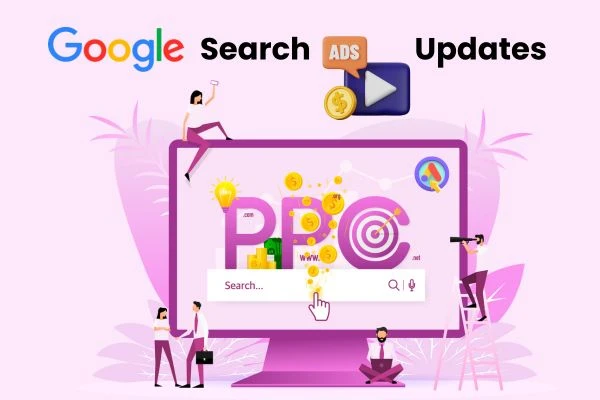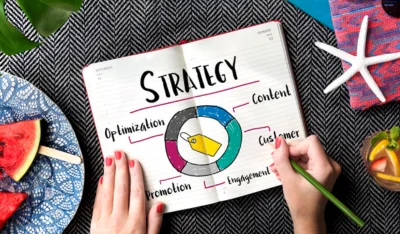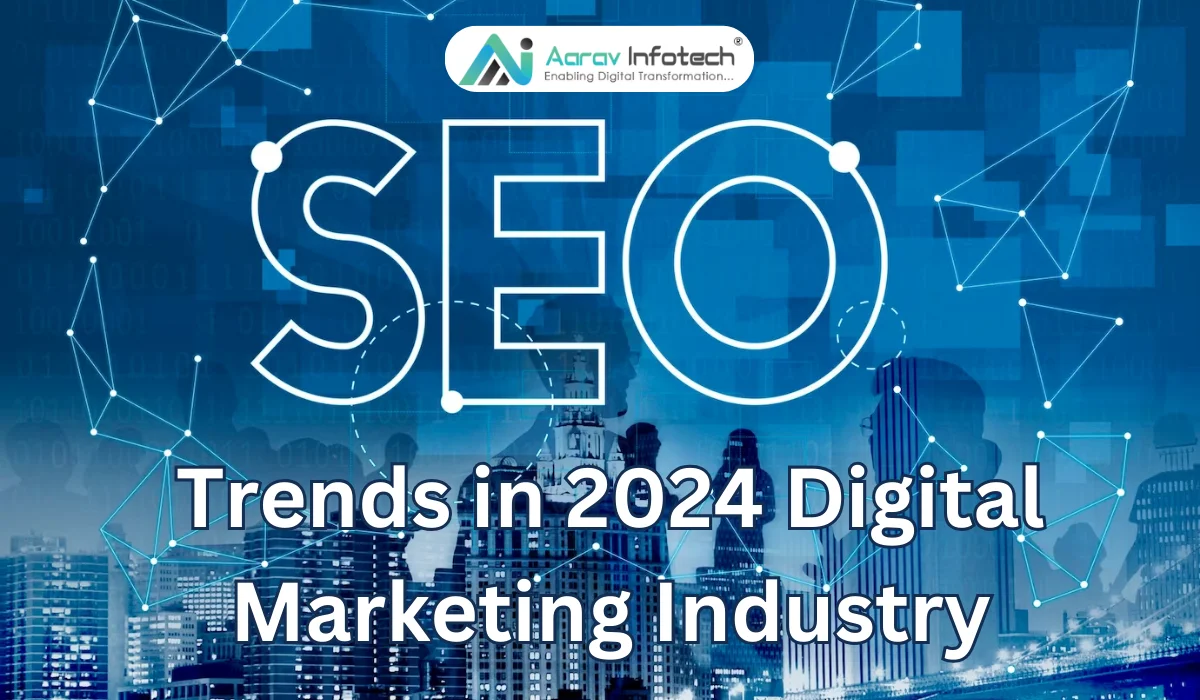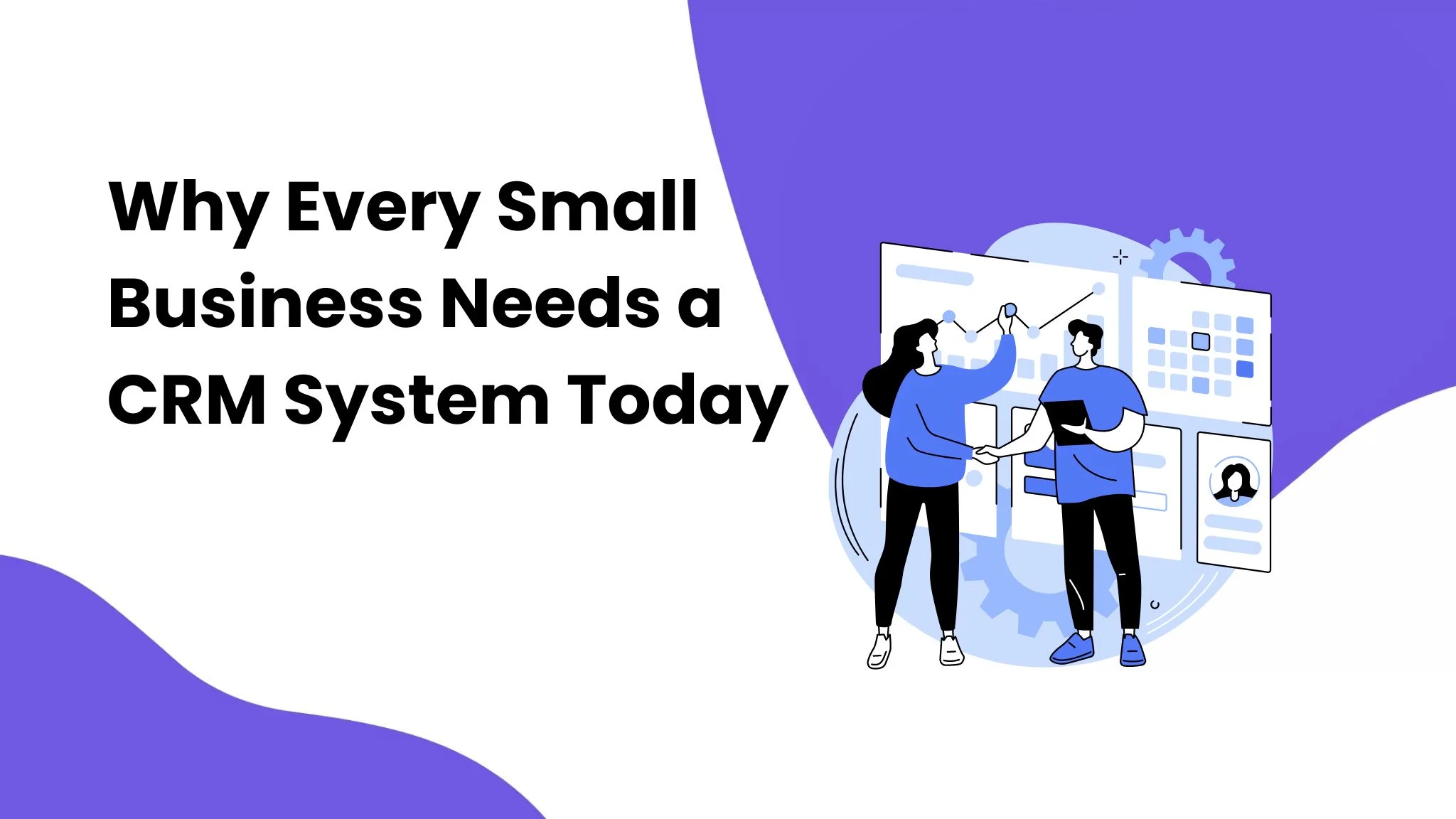The primary goal of both Business2Business (B2B) and Business2Consumer (B2C) marketing is to generate traffic, increase sales and enhance revenues. Read on to discover the main SEO strategies which will help you in your goal:
1. Marketing campaign goals - Generally, most search engine optimization clients have been B2C companies operating in an e-commerce environment. However, as business-to-business marketers recognize the potential of search engine rankings, many organizations are seeking ways to implement an effective B2B search engine optimization strategy.
However, you should understand the critical differences between B2C and B2B SEO and their implications. B2B companies generally sell intangible technology, software and services, engineering and industrial products, intermediates and bulk products to be sold to wholesalers, exporters, etc. The online marketing campaign goals should focus on increased targeted traffic, increase sales, increase online visibility, establishing your company in local search, establish your business on social media, increase online reputation through online management reputation and improve SEO.
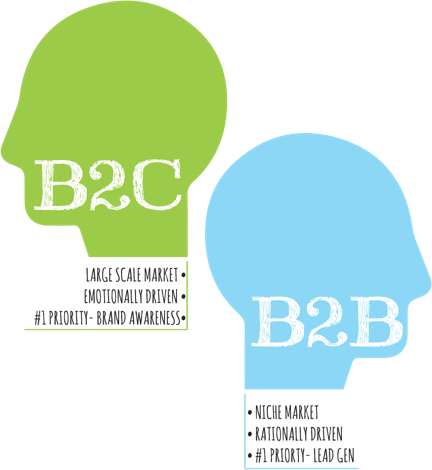
B2C companies sell more tangible products and services. The goal of your marketing campaign is to get more leads, increase sales, build brand awareness, grow market share, launch new products or services, target new customers, enter new markets, improve stakeholder relations, enhance customer relationships, improve internal communication, and increase profits. The ultimate campaign objectives should be SMART: specific, measurable, achievable, realistic, and timely. Some examples of B2C are restaurants and retail stores.
2. Keyword strategies – The starting point of every SEO strategy is keyword research as keyword research helps you decide which keywords to target. B2B campaigns usually have industry-specific keywords (to understand the questions your potential customers are asking themselves, and break them down to search queries)which require intelligence to mine. A B2B SEO campaign takes much longer than keyword analysis and intelligence to set up. THE B2B audience looks for expertise. B2B purchase-driven searches are very specific like specs, features, performance, value, benefit, ROI, cost of the product, and running costs such as maintenance, support, and troubleshooting. In B2B search engine optimization, it is important to thoroughly understand the search terms your prospect may be using in the different phases of the buying cycle. In B2C business, people already have a firm idea of what they want to buy. They want to find the best source for it. In the first phase of the B2C search, people usually use generic terms. There is often less variance in the terms they use. So, B2C campaigns focus on keywords that are used or consideredevery dayy. e. generic and not so complex. In the evaluation stage of the buying cycle, the purchaser’s focus turns from researching potential suppliers to researching specific issues related to the product or service like performance, efficiency, maintenance, etc. Just before the purchase decision, one last round of searching will likely ensure to confirm the purchaser’s intended direction and again different search terms may be used.
3. Content Strategy - Content strategy means communicating new information about your company, a new product, or a feature. In simple words, content is meant to present you in a favorable position to generate leads and drive sales. For B2B, content strategy is to target an audience of industry experts and professionals who are familiar with your company or product, highlighting your advantages over your competitors. B2B content strategy should consist of a company blog, industry publications, whitepaper, LinkedIn groups, landing pages, and forums and communities. So, it is meant to educate a person. The main strategy for B2C content marketing is to drive backlinks and increase rankings. So, it is generally meant for outreach.
4. Link building - It is the process of facilitating the creation of links in third-party websites that point back to your site and thereby boost your web presence. Consistency in B2B messaging and ccustomer interactionsfundamentally means patience. B2B campaigns still focus on conversions, they do not come easily. B2B SEO campaigns usually tend to drive low volumes of leads as a key performance indicator. The purpose of link building is to drive real, organic, quality traffic to your website and to improve your site’s ranking with Google and other search engines. B2C campaigns are usually focused on conversions and quick wins. So, link building in B2C focuses more on sales and revenue per month with sales happening in shorter sessions, generally from single or multi-session visits within days and weeks.
5. Conversion metrics - It is the sales life cycle: long, considered sale vs. short, and impulse purchase. Driving site visitors through a set conversion channel is not applicable in B2B. So, your focus should be on getting visitors to research deeper into other relevant, confidence-building content. Usually, the primary motivator in B2B purchase decisions is risk or fear of making the wrong decision. Therefore, one of the key objectives of B2B searchers, after they click through to your site, is to evaluate both your company and its offerings. An average B2B transaction can take anywhere from three to 24 months depending on the product or service being sold and the number of decisions to be made within the buying process. Conversion ratios in the B2C environment are usually measured as the percentage of organic click-throughs that resulted in a sale. The detailed analysis goes into conversion ratios. Because the sales funnel in B2C SEO is very narrow and short. It can help in measuring the impact of optimization quite easily and immediately. An average B2C transaction can occur anywhere from minutes to weeks, with the number of decision-makers generally being less than 2 individuals and the buying process being much more straightforward. SEO strategy is crucial for the success of every business. So, a trusted SEO company can help you to understand the differences between B2B SEO and B2C SEO campaigns 

Written by: Mahendra Raulo
Mahendra Raulo, is the Managing Director at Aarav Infotech India Pvt. Ltd., a leading Web Design and Digital Marketing Company, Experienced in Marketing & Sales with a demonstrated history of working in the information technology and services industry. Skilled in Search Engine Optimization (SEO), Strategic Planning, International Business, Business Development, and Customer Relationship Management.
